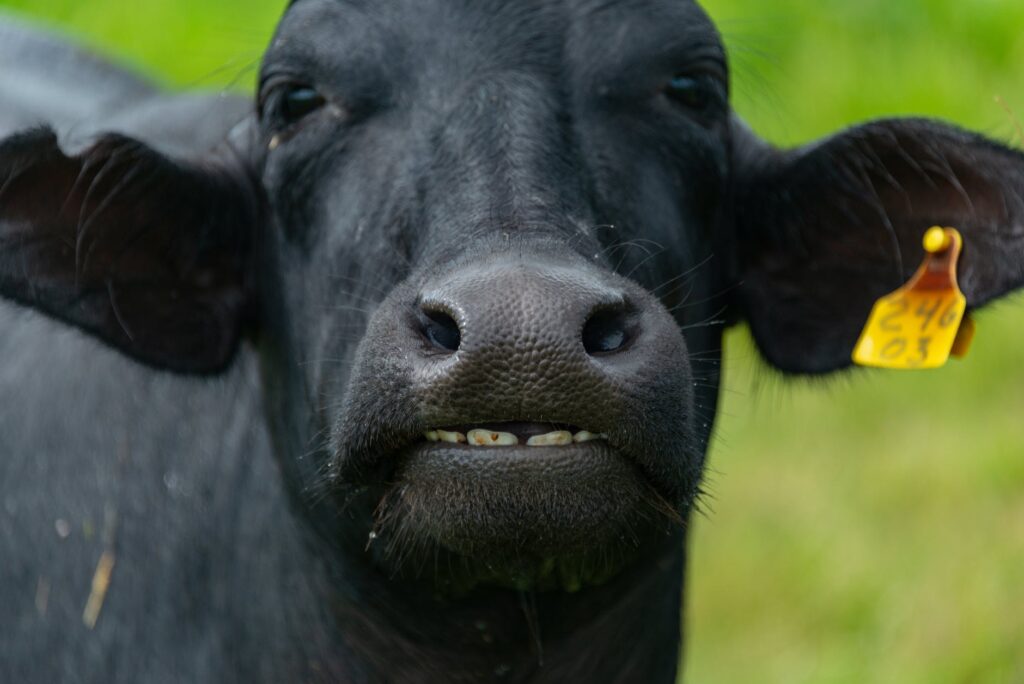
Introduction:
The ethics of animal welfare is a topic that has become increasingly important in recent years. With growing concern over the treatment of animals in agriculture, research, and entertainment, many people are calling for better protections and more ethical standards. Says Robert Stravinsky, but what exactly does animal welfare mean, and why does it matter? In this article, we will explore the importance of animal welfare and the ethical considerations that underlie our treatment of animals.
Defining Animal Welfare
Animal welfare refers to the well-being of animals in human care, including their physical, mental, and emotional health. This encompasses a wide range of factors, including the provision of food, water, and shelter, the prevention of disease and injury, and the provision of appropriate environmental enrichment. Animal welfare can also include more abstract factors, such as the animal’s ability to exhibit natural behaviors and to live a life free from pain, fear, and distress.
The Importance of Animal Welfare
Animal welfare is important for a number of reasons. First and foremost, it is our ethical responsibility to ensure that animals in human care are treated with respect and dignity. This is especially important when animals are used for food, clothing, or other products, as they are entirely dependent on humans for their well-being and cannot advocate for themselves. Additionally, animal welfare is important for human health, as the treatment of animals can impact the safety and quality of the food we eat and the medicines we use.
Ethical Considerations in Animal Welfare
The ethical considerations that underlie animal welfare are complex and multifaceted. One key issue is the concept of speciesism, which refers to the idea that humans tend to prioritize their own interests over the interests of other species. This can lead to situations in which animals are treated as mere objects or commodities, rather than as sentient beings with their own interests and needs. Additionally, there are questions around the use of animals in scientific research, entertainment, and other human activities, as these may involve the infliction of pain, fear, or distress on animals.
Improving Animal Welfare
There are a number of ways in which we can work to improve animal welfare. One key strategy is through the development and implementation of animal welfare standards and guidelines. This can include regulations around the treatment of animals in agriculture, as well as guidelines for the care and use of animals in research and entertainment. Additionally, individuals can take steps to support animal welfare by choosing to purchase products from companies that prioritize animal welfare, supporting animal welfare organizations, and advocating for better protections and standards.
Conclusion
The ethics of animal welfare is an important topic that has broad implications for the treatment of animals in human care. By working to improve animal welfare and to develop ethical standards and guidelines, we can ensure that animals are treated with respect and dignity, and that their needs and interests are taken into account. Ultimately, the way we treat animals says a lot about who we are as a society, and our commitment to animal welfare can be a reflection of our broader ethical values and priorities.